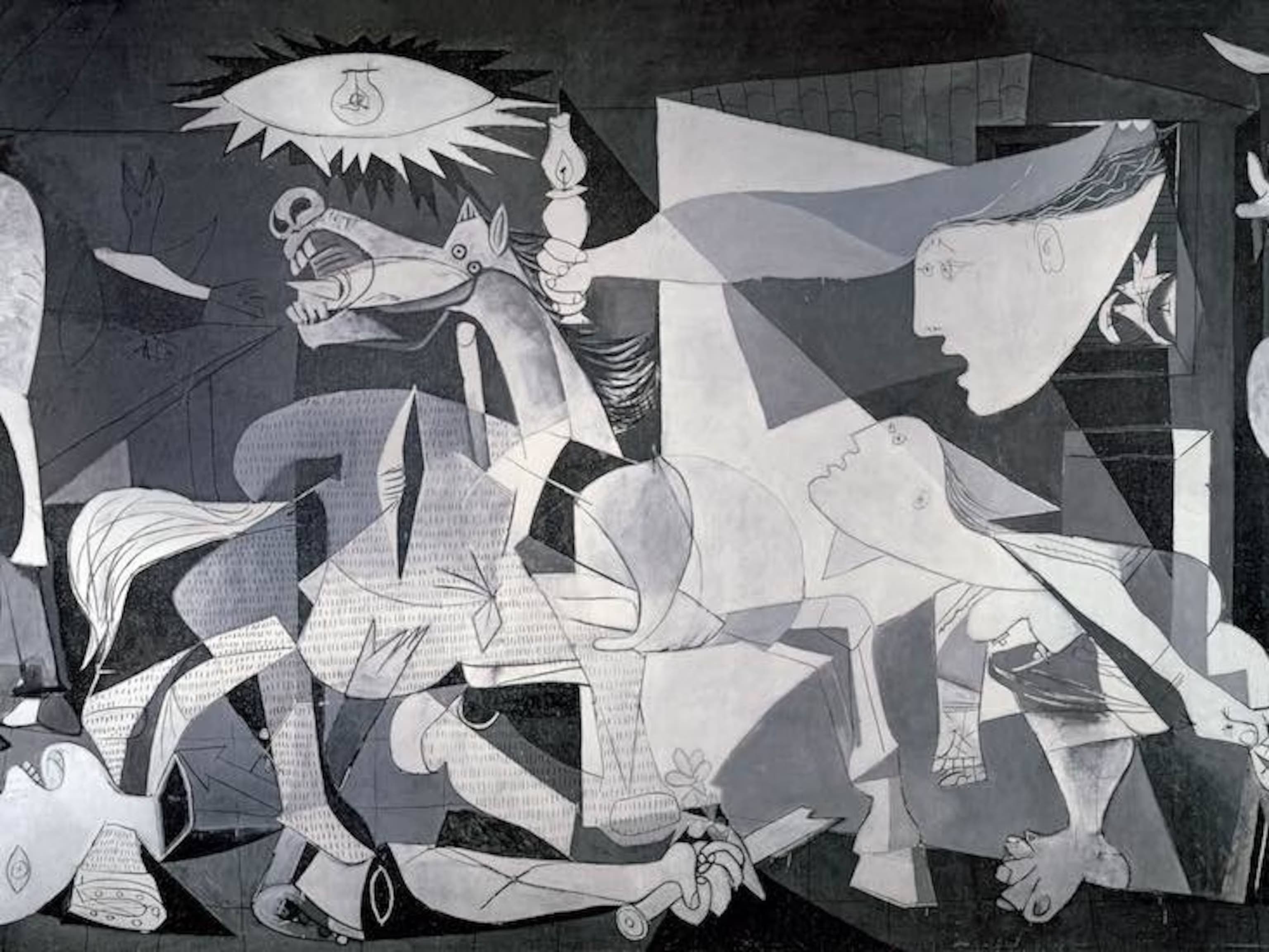Posted on: 2021-04-22

Art has always been a significant tool for reflecting the culture and values of a society. Through art, artists can express their thoughts, emotions, and experiences in a tangible and visible form. Art has also been used to comment on social and political issues throughout history. From the earliest forms of cave paintings to contemporary art, artists have used their works to challenge societal norms, call for change, and express their views on the world around them.
Art reflects the culture and values of a society in many ways. For instance, the subject matter of art can reflect cultural values and beliefs. For example, traditional paintings and sculptures from the Renaissance period often depicted religious themes, reflecting the religious values of that era. Similarly, art can also reflect the social norms and values of a particular society. For instance, depictions of the human form in art have changed over time, reflecting changing social attitudes towards body image and nudity.
Art can also be used as a tool for social and political commentary. For example, during the 20th century, many artists used their works to express their views on social and political issues such as racism, sexism, war, and inequality. One of the most famous examples of this is Pablo Picasso's "Guernica," a painting that depicted the horrors of the Spanish Civil War and has since become a symbol of anti-war activism.
Moreover, art can also be used to bring attention to social and political issues that might otherwise be ignored. For example, street artists use their works to highlight issues such as gentrification, police brutality, and environmental concerns, often in public spaces where their works can reach a wider audience.
In conclusion, art reflects the culture and values of a society and can be used as a tool for social and political commentary. Art has the power to challenge societal norms, call for change, and express the views of artists on the world around them.